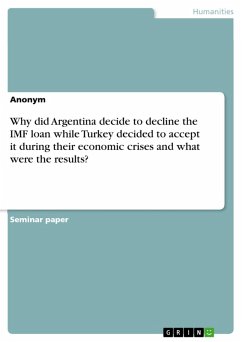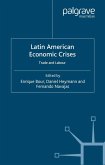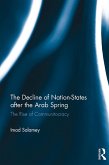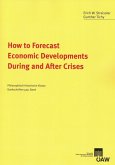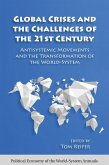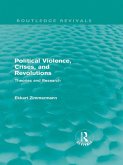Seminar paper from the year 2021 in the subject Social Studies (General), grade: 2,0, Ruhr-University of Bochum, language: English, abstract: In 2001 there was an existential economic crisis both in Turkey and in Argentina: According to Önis (2006) both countries are two important "emerging market countries" that experienced a major economic crisis during the same year, which had disastrous social and economic effects. But these two countries followed different paths for their recovery from the crisis. While Argentina recovered with a hard stand against the International Monetary Fund (IMF), Turkey has recovered by surrendering to the IMF. Turkey followed a strict structural adjustment program advised by the IMF while Argentina was abandoned by all creditors - including the IMF. Several studies have analyzed the effects of Turkey's and Argentina's 2001 crisis upon the political, economic, social, and even the scientific system (see Benedetti 2003; Coiteux 2003). Yet I found no studies that show the reason why both countries differ in their approach towards funding and its conditions by the IMF during the economic crisis. Therefore, this paper tries to answer the following research question: Why did Argentina decide to decline the IMF loan while Turkey decided to accept it during their economic crises and what were the results? Both countries are chosen because they can be considered as the most similar cases. To explain this question, I decided to use the "Societal Approach" by Stefan Schirm as the theoretical framework, which tries to explain diverging governmental policies in cross-country comparison by looking at societal actors` ideas and interests within the countries.
Dieser Download kann aus rechtlichen Gründen nur mit Rechnungsadresse in A, B, BG, CY, CZ, D, DK, EW, E, FIN, F, GR, HR, H, IRL, I, LT, L, LR, M, NL, PL, P, R, S, SLO, SK ausgeliefert werden.

